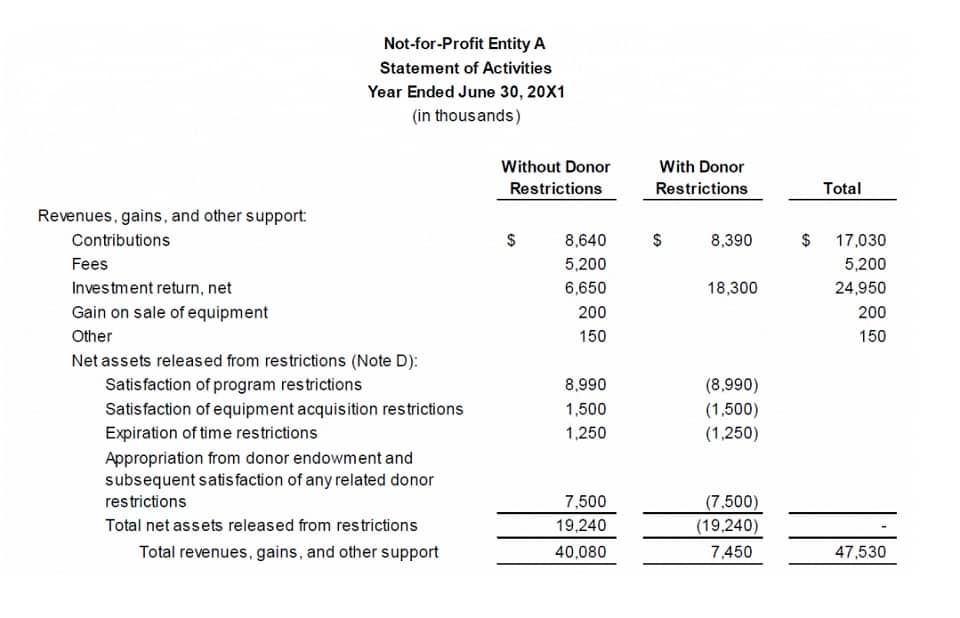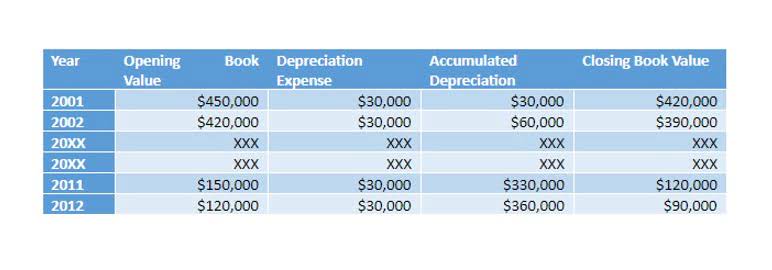Overtime Pay Philippines Computation, Rules, and Calculator

Law takes a different approach, ruling that employers do not have to pay employees for overtime. Employers must follow the employment contract and provide an average compensation that meets the National Minimum Wage standards. For instance, an employee earning $405 for a what is overtime 45-hour week has a regular rate of $9/hour ($405 ÷ 45 hours). The employer must pay an additional 1.5 times the regular rate for the 5 overtime hours, equaling $4.50/hour in extra compensation for those hours. Employers with hourly wage earners need to know how to calculate overtime to ensure that they are paying employees the right amount and complying with the FLSA.

How many hours are employees legally allowed to work in India?

While a generalized overtime definition refers simply to those hours worked outside of the standard working schedule, overtime commonly refers concurrently to the employee’s remunerations of such work. The overtime rate of pay varies between companies and by specifics of the overtime, such as the number of overtime hours worked. Overtime laws nationally are designed to prevent workers from being exploited by their employers, with hourly wage earners (particularly those in blue-collar indistries) being the primarily protected group. Because of the nature of the work environment and working hours required by certain careers, there are a wide variety of specific exemptions to Federal overtime eligibility. Out of an estimated 120 million workers in America, almost 50 million are exempt from overtime law. For example, several states say that anything over 8 hours in a day is overtime, rather than the federal requirement of 40 hours in a week.
- Employees should monitor their hours and pay slips to ensure their rights are respected.
- An employee working five days a week for eight hours a day is working 40 hours per week.
- Under this law, employees who work over 40 hours in a workweek are entitled to receive overtime pay at a rate of at least 1.5 times their regular pay rate.
- Emma works in sales and has a base hourly wage of $18, but she also earns commission on her sales.
- Voluntary overtime is overtime that an employee often chooses to work to make more money or get ahead in their career.
- Employers can establish different workweeks for different employees or groups of employees.
Federal Overtime Minimum Wage

The eligibility is subject to state regulations, but the FLSA requires that all employers compensate their employees for extra hours worked beyond the normal working time. They must receive pay for hours worked over 40 hours in a workweek at a rate not less than one and one-half their regular rate of pay. To protect employee rights, federal overtime laws ensure qualifying individuals receive https://trulyamazingafrica.co.ke/t5018-statement-of-contract-payments/ compensation for extra work. Unless an employee has exempt status, you must follow the federal overtime law. Overtime is any work hours that exceed an employee’s regularly scheduled working hours.
Who’s Eligible for FLSA Overtime Pay?
- Even support staff, like janitors and guards, are covered if their roles are essential to interstate operations.
- Long-standing practices–like paying overtime only after 80 hours of work, which is prevalent in the construction industry–further complicate matters.
- Keep in mind, an automatic time tracking app will help you to track overtime in accordance with the law.
- The requirements of the job are most frequently learned and negotiated through goal setting, performance development planning, and the organization’s performance management process.
- It can start on any day and at any hour, and employers can set different workweeks for different employees or groups.
- Saray has strong managerial and business leadership skills, making her a relentless force in solving company issues.
In the case of an appeal by the employer, DLSE may represent an employee who is financially unable to afford counsel in the court proceeding. Please note that the information on our website is intended for general informational purposes and not as binding advice. The information on our website cannot be considered a substitute for legal and binding advice for any specific situation. While we strive to assets = liabilities + equity provide up-to-date and accurate information, we do not guarantee the accuracy, completeness and timeliness of the information on our website for any purpose. We are not liable for any damage or loss arising from the use of the information on our website.
- Employers can decide what day and time to start a workweek for the purposes of overtime, as long as they don’t later change it to avoid paying.
- The law typically defines “regular work days” as Monday through Friday.
- Read on to learn how Timeero automates time tracking to maintain compliance and accurate worker compensation.
- If you work more than 35 but fewer than 40 hours in a workweek, you will be entitled to be paid for the extra hours at your regular rate of pay unless you work over eight hours in a workday or 40 hours in a workweek.
- Employers are responsible for applying the correct rates, keeping accurate time records, and paying overtime on time.
- Overtime work in Australia refers to the extra hours an employee works over the regular work hours in a day or week.
- In many states, employees are entitled to overtime pay if they work more than a specific number of hours in a single day, even if they haven’t reached the 40-hour threshold for the week.
Many businesses choose to offer their employees time and a half if they work holiday shifts, even if they work less than 40 hours in the workweek (aka holiday pay). However, there is no federal overtime law on whether employees should be paid the overtime rate for working holidays. If your work involves manual labor (such as construction worker, factory attendant, cashier, etc) you are probably protected under overtime law. Double-time pay, where employees are paid twice their regular rate, is a variation of overtime pay. Unlike overtime pay, double-time isn’t required by federal law—it usually depends on state laws or company policies, like in California, where double-time applies after 12 hours of work in a day. An overtime pay calculator is a convenient tool that automates the computation of overtime wages based on standard DOLE guidelines.

What Is the Salary Threshold for Federal Overtime Pay?
It’s crucial for both employees and employers to be aware of the specific thresholds that trigger overtime eligibility. For instance, certain jobs may have unique definitions of a standard workweek, particularly in fields like healthcare or emergency services where shift patterns differ significantly. The standard workweek is typically defined as 40 hours in most sectors, although this can vary depending on state regulations and industry standards. According to the Fair Labor Standards Act (FLSA), any time worked beyond this threshold qualifies for overtime pay. Some employers choose to offer time off in lieu (TOIL) of payment to employees who have worked more than their contracted hours.






Leave a Reply